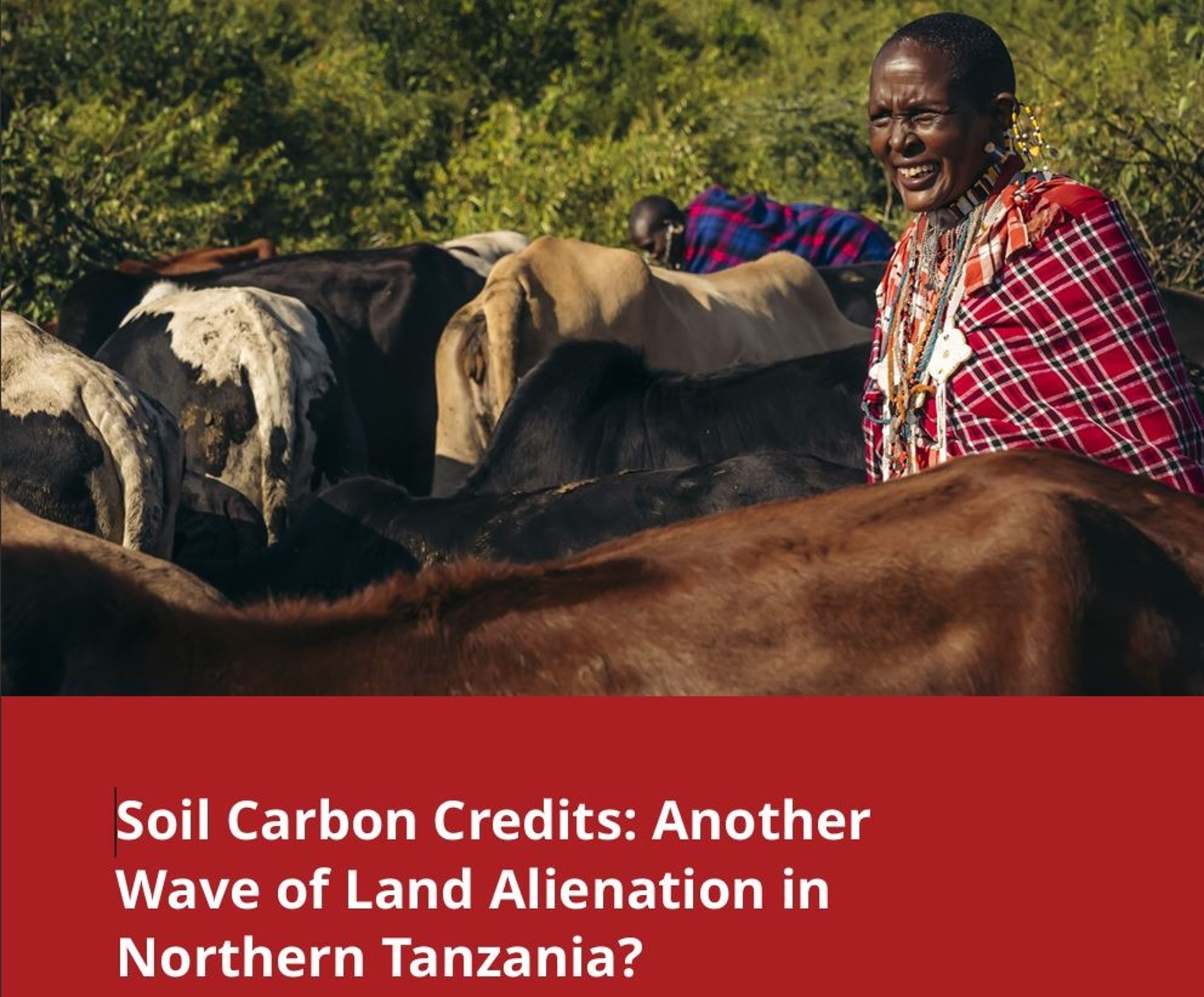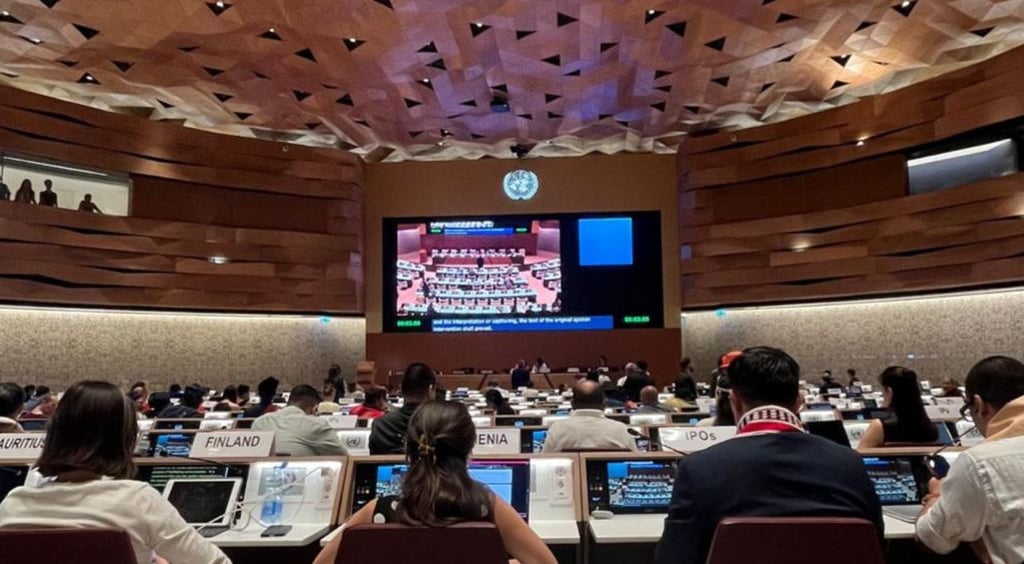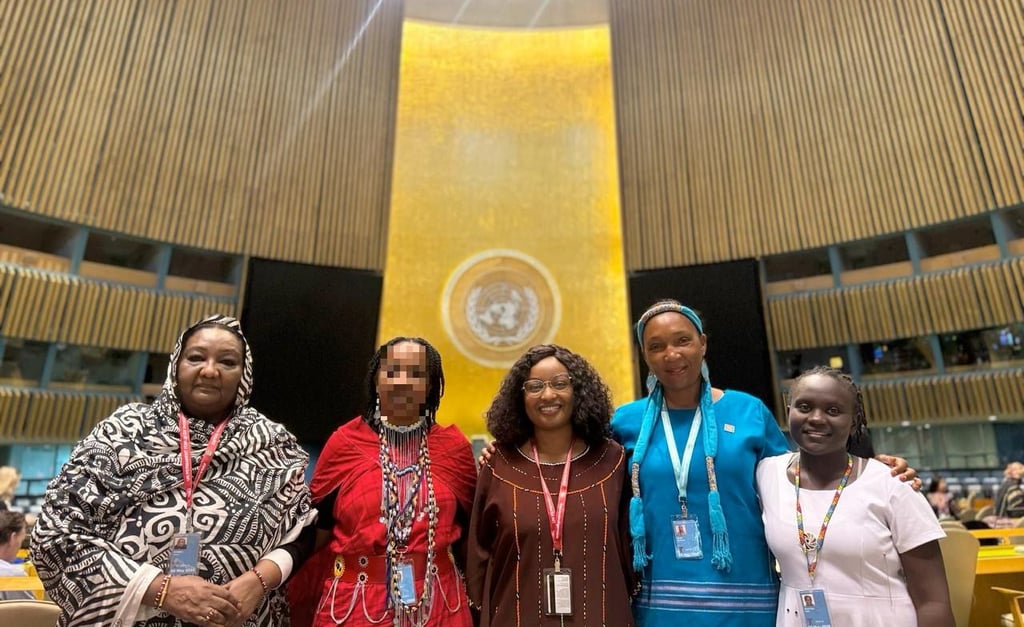
UN ENGAGEMENT
We are active members of the United Nation Permanent Forum on Indigenous Issues and have contributed to the articulation of Indigenous rights at the global level. Despite the Tanzanian government’s refusal to recognize our status as an Indigenous People, we continue to engage with the UN on issues relevant to Indigenous rights, as well as on issues vital to our survival as pastoralists.
Successes
In 2022, eight Special Rapporteurs issued a statement that condemned the violation of our rights in Ngorongoro and Loliondo. In 2023 and 2025, the Committee for the Elimination of All Forms of Racial Discrimination (CERD) issued an early warning on racial discrimination against the Maasai in Tanzania.
In 2025, a Maasai lawyer from Northern Tanzania was appointed as an independent expert to the UN Permanent Forum on Indigenous Issues (UNPFII).
ADDITIONAL RESOURCES
Report of the Special Rapporteur on the rights of Indigenous Peoples - Conservation and Indigenous Peoples’ rights (United Nations General Assembly, 2016)
Read the Special Rapporteur’s thematic analysis of conservation measures and their impact on indigenous peoples’ rights. The report highlights that while protected areas have the potential of safeguarding biodiversity for the benefit of all humanity, they have also been associated with human rights violations against Indigenous Peoples in many parts of the world. The development of a human rights-based paradigm in conservation is charted, and key remaining challenges are identified. The report concludes with recommendations on how conservation can be developed in a manner which respects Indigenous Peoples’ rights and enhances sustainable conservation.
Report of the Special Rapporteur on the rights of Indigenous Peoples - Protected areas and Indigenous Peoples’ rights: The obligations of States and international organizations (United Nations General Assembly, 2022)
Read the Special Rapporteur’s report which revisits the issue of protected areas and the rights of indigenous peoples and assesses recent developments with a focus on the obligations of States and international organizations to respect, protect and promote indigenous peoples’ rights. The report outlines good practices in promoting indigenous land tenure and management, as well as benefit-sharing. In concluding remarks, the report reiterates that Indigenous Peoples should be the ones to nominate and manage their own sites.
Tanzania: Experts call for urgent action amid crackdown on civil society ahead of elections (OHCHR, 2024)
Read a press release from the Office of the United Nations High Commissioner for Human Rights (OHCHR) on the ongoing and escalating pattern of human rights violations against opposition political party members, civil society organisations, journalists, Indigenous Peoples and human rights defenders.
Report on Mobile Indigenous Peoples by the UN Special Rapporteur on Indigenous People (2024)
Read the Special Rapporteur’s report on the unique challenges that Mobile Indigenous Peoples, including pastoralists, face. These challenges include the lack of legal recognition, the restriction of land rights and mobility, including transboundary movement, the impact of armed conflict, and barriers to basic social services stemming from socioeconomic, cultural and political marginalization.
Tanzania: UN experts warn of escalating violence amidst plans to forcibly evict Maasai from ancestral lands (15 June 2022)
This press release raised alarms on the deadly escalations of plans to forcibly evict 70,000 Maasai from 1,500 square kilometers of village land to make way for the Loliondo Game Reserve. Security forces hired to demarcate the area fired live ammunition and lobbed teargas at us when we removed demarcation markers and were occupying our rightful land. Far from an isolated incident, UN experts have previously raised their concerns on this issue with the Government of Tanzania, the UNESCO World Heritage Committee, International Union for Conservation of Nature, and the International Council on Monuments and Sites.
CERD’s Early Warning and Urgent Action Response
In May 2025, the UN Committee on the Elimination of Racial Discrimination (CERD) issued an Early Warning and Urgent Action Procedure (EWUAP), issuing letter no. 115 to Tanzania. The Committee raised “deep concern” over reports that our Maasai communities in Ngorongoro, Loliondo and Kilimanjaro International Airport (KIA) are facing forced evictions and relocations. The districts that we inhabit in Ngorongoro and Loliondo are disproportionately impacted compared to areas inhabited by non-Maasai Indigenous People in the implementation of the project. This early warning activated the previous early warning issued by CERD on 28 April 2023 on Maasai mistreatment in Tanzania. These actions are carried out to clear land for tourism developments, safaris, and trophy-hunting concessions.


15 July 2025 - Geneva. A MISA representative gave a statement at the Expert Mechanism on the Rights of Indigenous Peoples (EMRIP). Credit: MISA.
With the rising climate and biodiversity crisis, we have expanded our engagement to other UN spaces such as the Conference of the Parties (COPs) to the Convention on Biological Diversity (CBD), UN Convention to Combat Desertification (UNCDD) and UN Framework Convention on Climate Change (UNFCCC).
We have been active members of the UN Permanent Forum on Indigenous Issues in New York since it was established in 2000. We have played a protagonist role in the drafting of the UN Declaration (UNDRIP) on the Rights of Indigenous Peoples adopted in 2007. We attend the yearly sessions of the Expert Mechanism on the Rights of Indigenous Peoples (EMRIP), a subsidiary body of the United Nations' Human Rights Council (HRC) in Geneva. Several UN reports recognise the human rights abuses we are facing.
We Maasai have claimed Indigenous Peoples status since the 1990s, following the leadership and vision of Moringe Ole Parkipuny. Parkipuny first addressed the United Nations Working Group on Indigenous Populations (UNWGIP) on August 3, 1989. He was the first African to speak before this group. This speech is considered a significant moment in the movement for the recognition of Indigenous Peoples' rights in Africa and globally. Parkipuny, a Maasai activist and Tanzanian parliamentarian, highlighted the common problems faced by pastoralists and hunter-gatherers. To this day, the Tanzanian government fails to recognise the rights and distinctness of Indigenous Peoples in Tanzania.


Photo: Indigenous Peoples’ delegation at Permanent Forum, May 2025. Credit: Rosa Lux.
.
.

